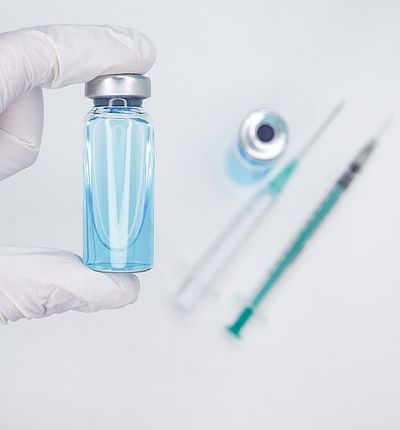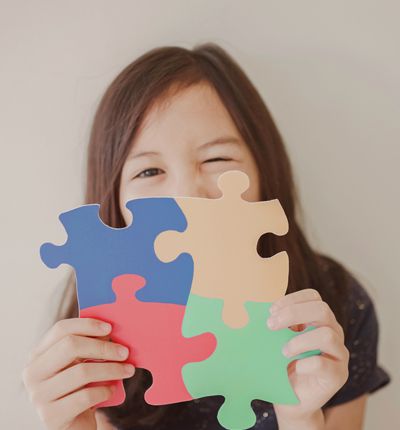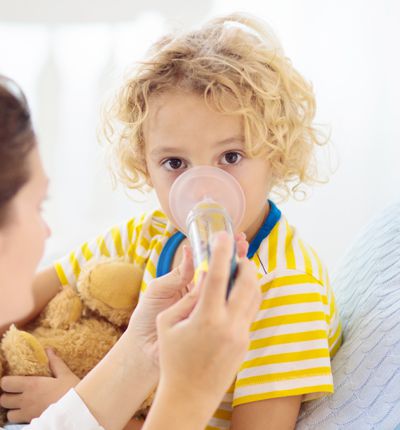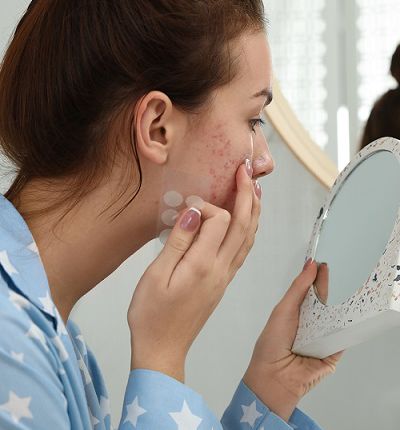ADHD
Attention-deficit hyperactivity disorder (ADHD) is one of the most common mental illnesses affecting many children as well as adults. People who have ADHD have trouble concentrating their attention on a single job or sitting still for a long time. They also suffer from abnormal levels of hyperactivity and rash behaviors.
What are some common symptoms of Attention-Deficit Hyperactivity Disorder (ADHD)?
- Children most often don’t pay close attention to details or commit careless mistakes in school tasks.
- A person will experience problems staying focused on chores or activities, such as lectures, conversations, or extended reading.
- Their attention seems to be elsewhere else when someone speaks to them.
- They may have difficulty following instructions and cannot complete schoolwork, chores, or job duties.
- ADHD patients, though they may start a task quickly, lose focus.
- They encounter problems in organizing tasks and work, and as a result, they cannot manage time well and miss deadlines.
- They tend to avoid tasks that require constant mental effort, such as preparing reports and completing forms.
- A child may often lose things needed for tasks or daily life, such as school books, papers, keys, wallets, cell phones, and eyeglasses, etc.
- They are bound to get easily distracted.
How can Attention-deficit hyperactivity disorder (ADHD) be treated?
Although there is no known cure available for treating ADHD, some treatments may help reduce the symptoms and increase functioning. ADHD is most often cured with medication, education, therapy, or a combination of treatments.
Medication: In most people, ADHD medications can help in decreasing hyperactivity and impulsivity and increase their ability to work, focus, and learn. The first course of treatment for ADHD is stimulants.
- Stimulants: They are effective in treating patients who have ADHD. Many researchers believe that stimulants are effective because the medication helps increase the production of the brain chemical called dopamine, which plays a significant role in thinking and attention.
- Non-Stimulants: Compared to stimulants, these medications may need a longer time to show their result. But still, they can also improve focus, attention, and impulsivity in a person with ADHD. If a person has side effects towards stimulants, the doctors may prescribe a non-stimulant or a combination with a stimulant to increase effectiveness.
Antidepressants: Although antidepressants are not approved for treating ADHD, they are sometimes used to treat adults with ADHD. There are several types of these medications with both positive and negative side- effects. Patients taking medications must be observed closely and carefully by their doctor.
Therapy:Although there are various kinds of therapy available for treating ADHD, studies show that therapy may not be wholly effective in curing ADHD symptoms. However, still adding therapy to an ADHD treatment plan may help patients and families better manage their daily challenges.
Call San Pedro at (310) 832-6487 or schedule an online appointment to know more about ADHD..
Office Hours
MON - FRI 9:00 am - 12:00 pm, 2:00 pm - 6:00 pm
SAT 8:00 am - 9:00 am
SUN Closed








